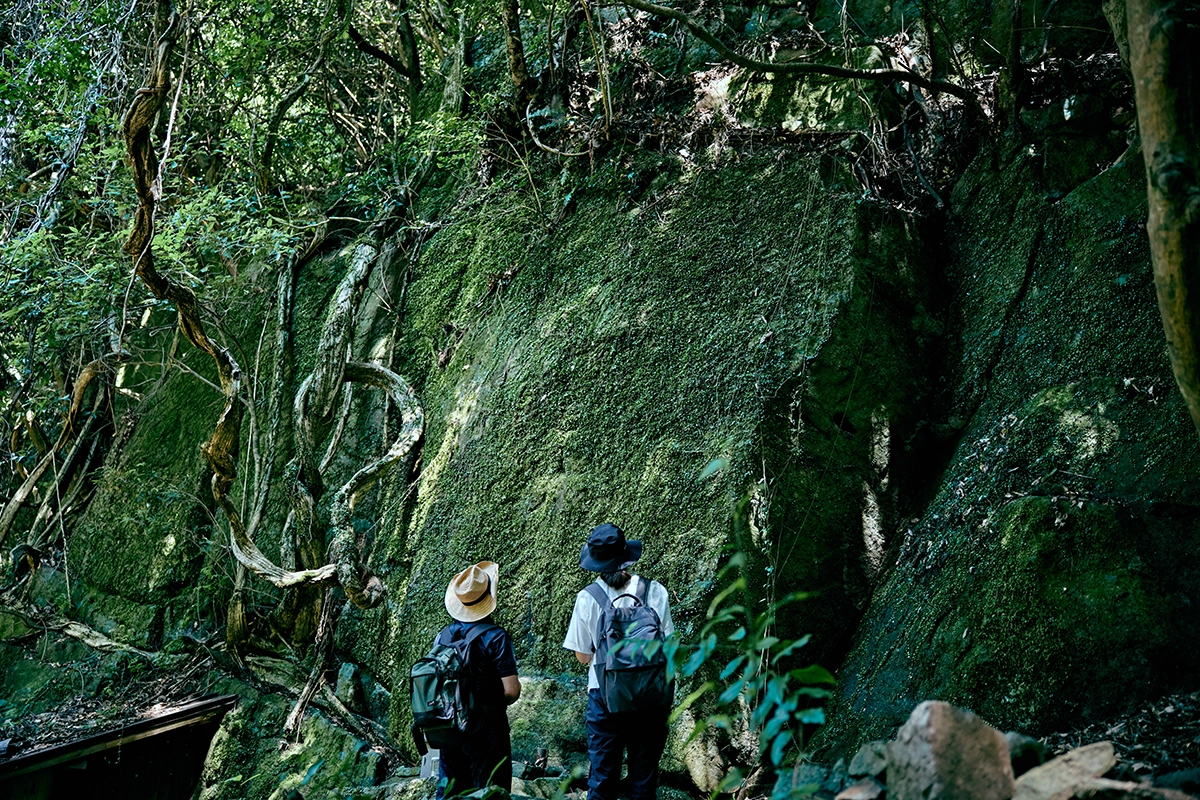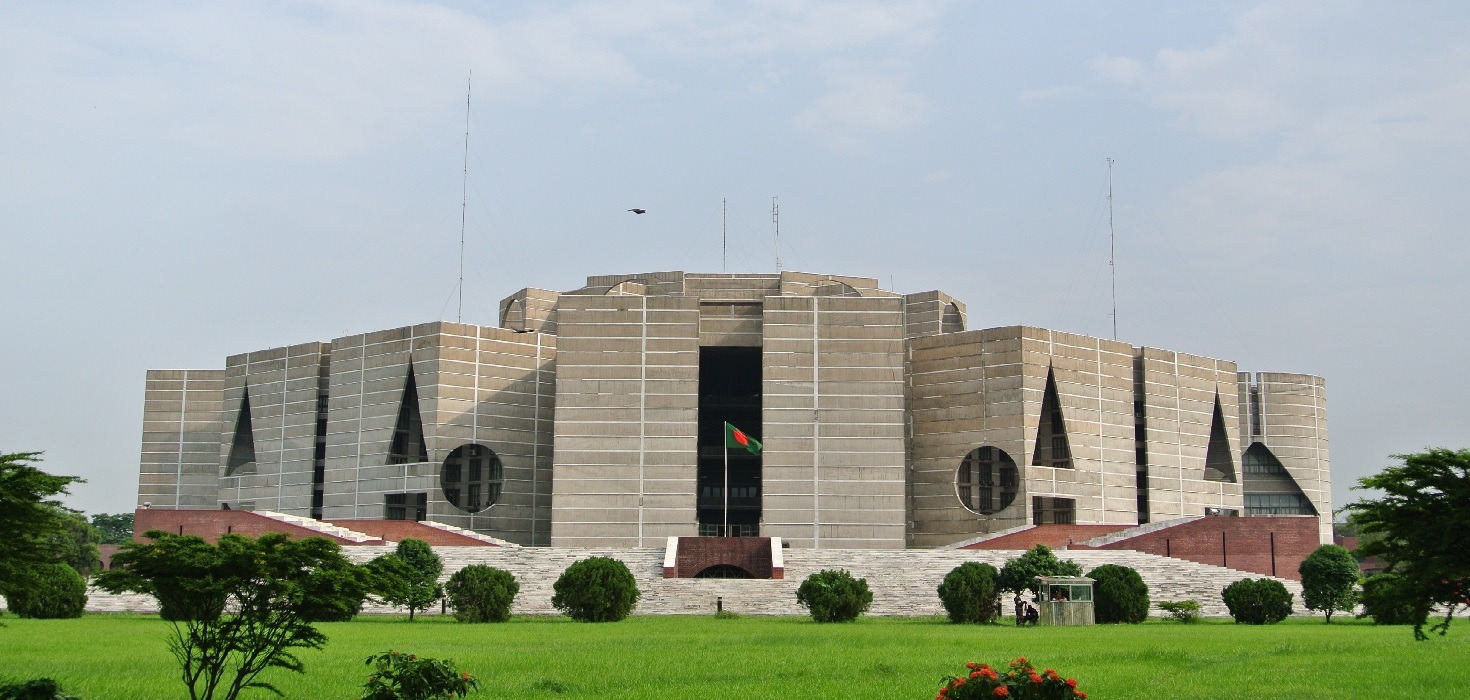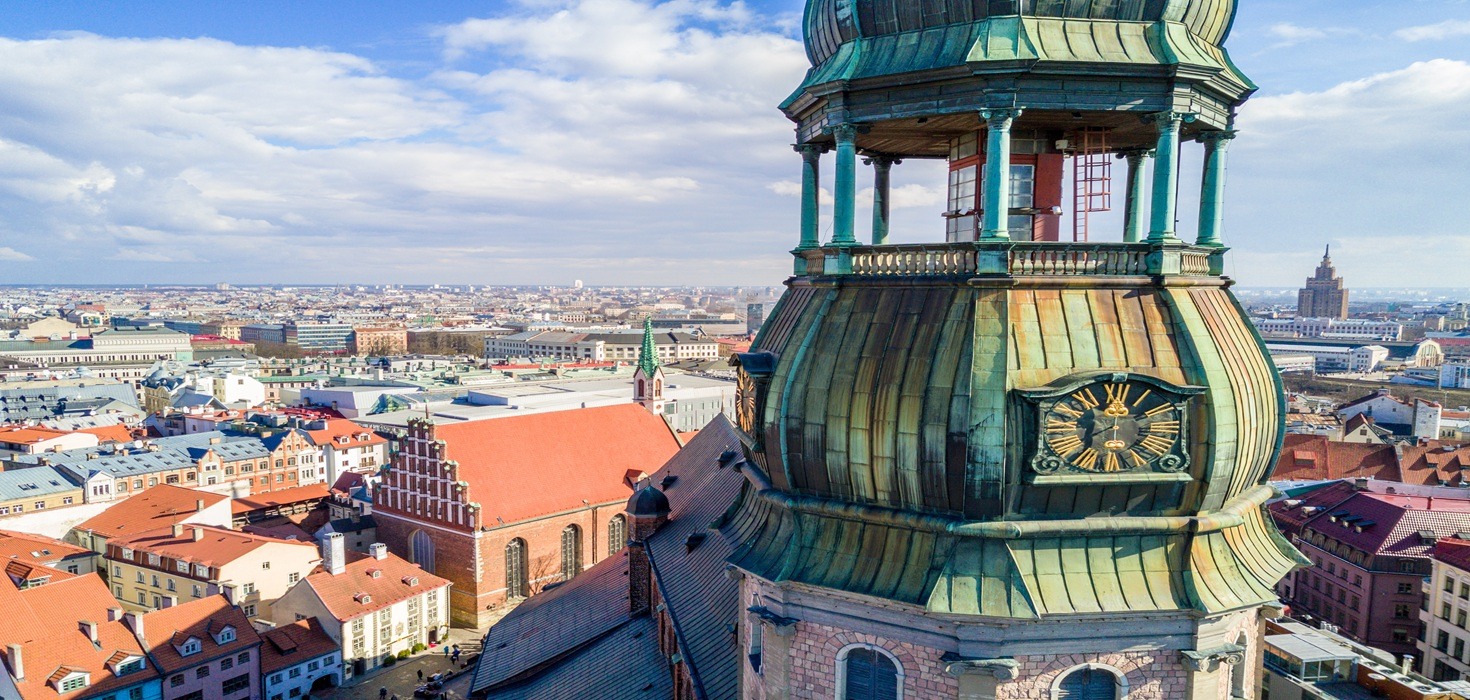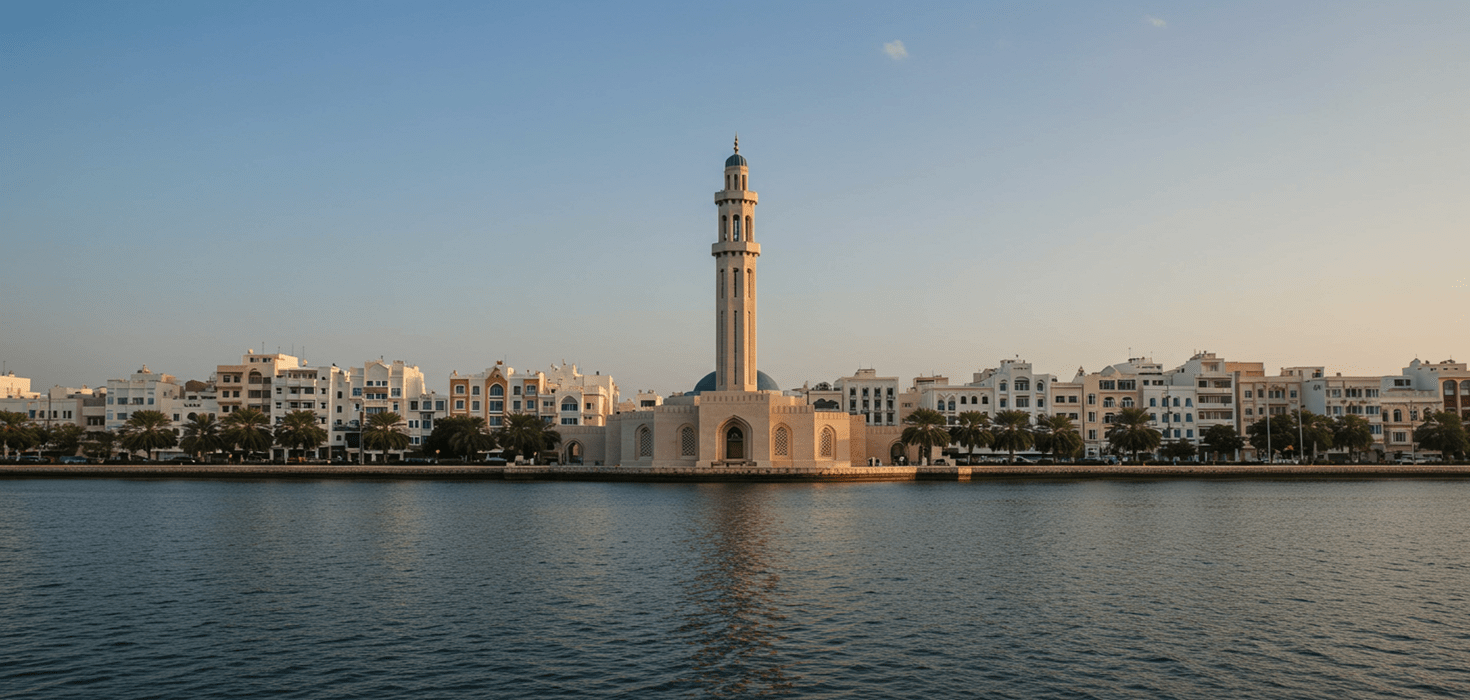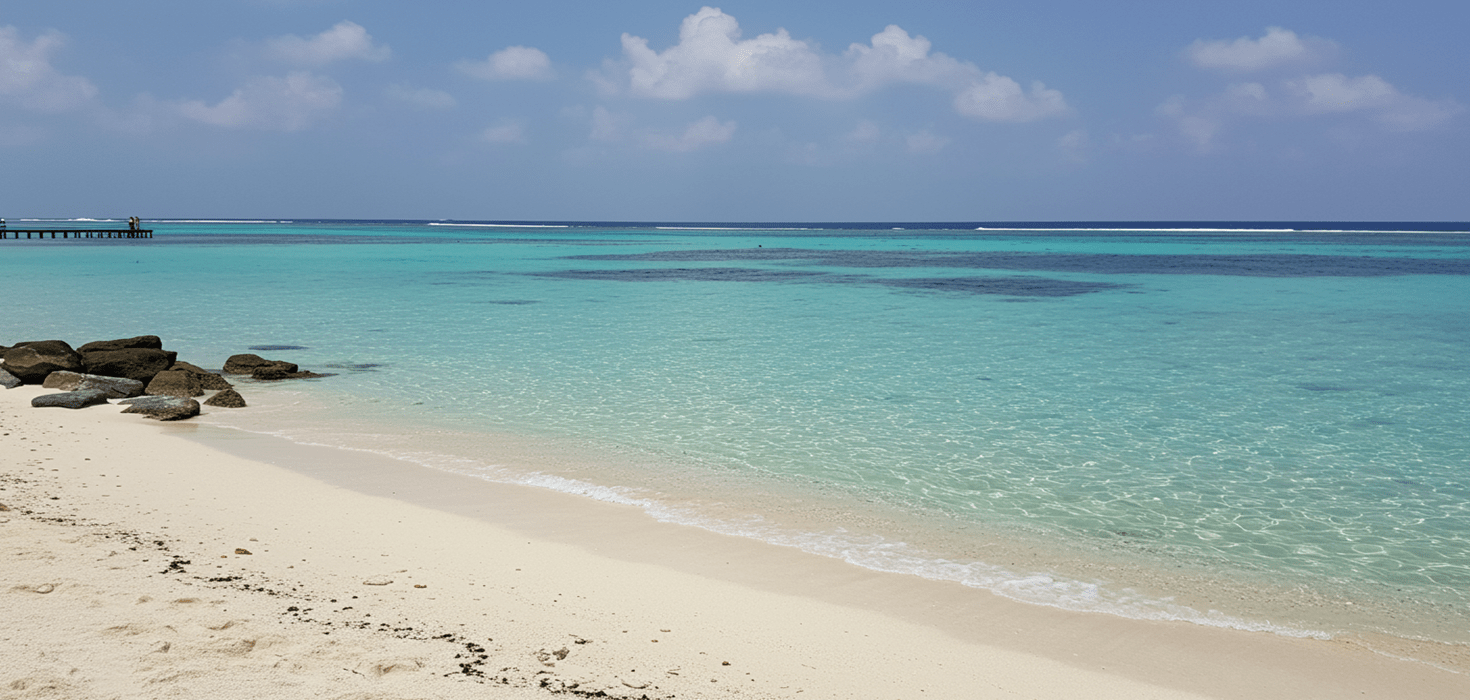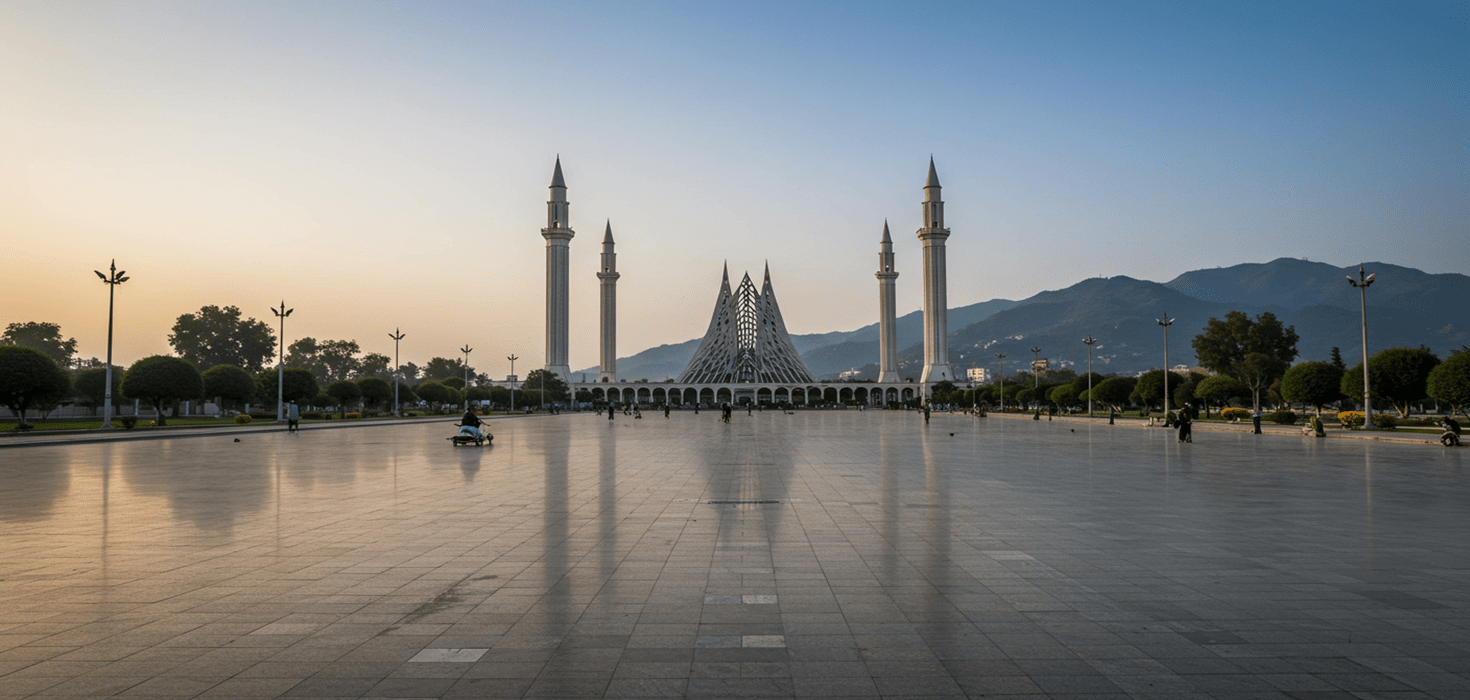Bangladesh uses the Bangladeshi Taka (BDT) as its official currency. Cash is widely used, but electronic payment options are increasingly available in urban areas. Travelers should be aware of local regulations and payment infrastructure.
- Official currency: Bangladeshi Taka (BDT)
- Payment methods: Cash is predominant; credit and debit cards (Visa, Mastercard) are accepted in major hotels, restaurants, and shops in cities. Mobile payments (bKash, Nagad, Rocket) are common for local transactions.
- Contactless/mobile wallets: International wallets (Apple Pay, Google Pay, Alipay) are generally not accepted. Local mobile wallets (bKash, Nagad) are widely used.
- ATMs: Available in cities and airports; most accept international cards (Visa, Mastercard). Rural areas may have limited ATM access.
- Currency exchange: Available at banks, airports, and licensed exchange offices. Exchange rates and fees may vary.
- Foreign currency restrictions: Import/export of local currency is limited to BDT 5,000. Foreign currency up to USD 5,000 (or equivalent) can be brought in or taken out without declaration. Amounts above must be declared to customs.
- Transaction fees: Foreign card transactions may incur 2–3% surcharges and ATM withdrawal fees (typically BDT 300–500 per transaction).
- Common issues: Card acceptance may be limited outside major cities. Notify your bank before travel to avoid card blocks. Carry sufficient cash for rural travel.
- Major banks: BRAC Bank, Dutch-Bangla Bank, Eastern Bank, Standard Chartered Bangladesh.
- Regulations: Bangladesh Bank oversees currency and payment regulations. Travelers should check for updates before arrival.
